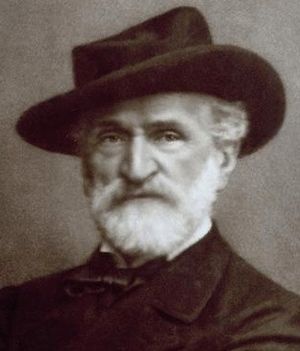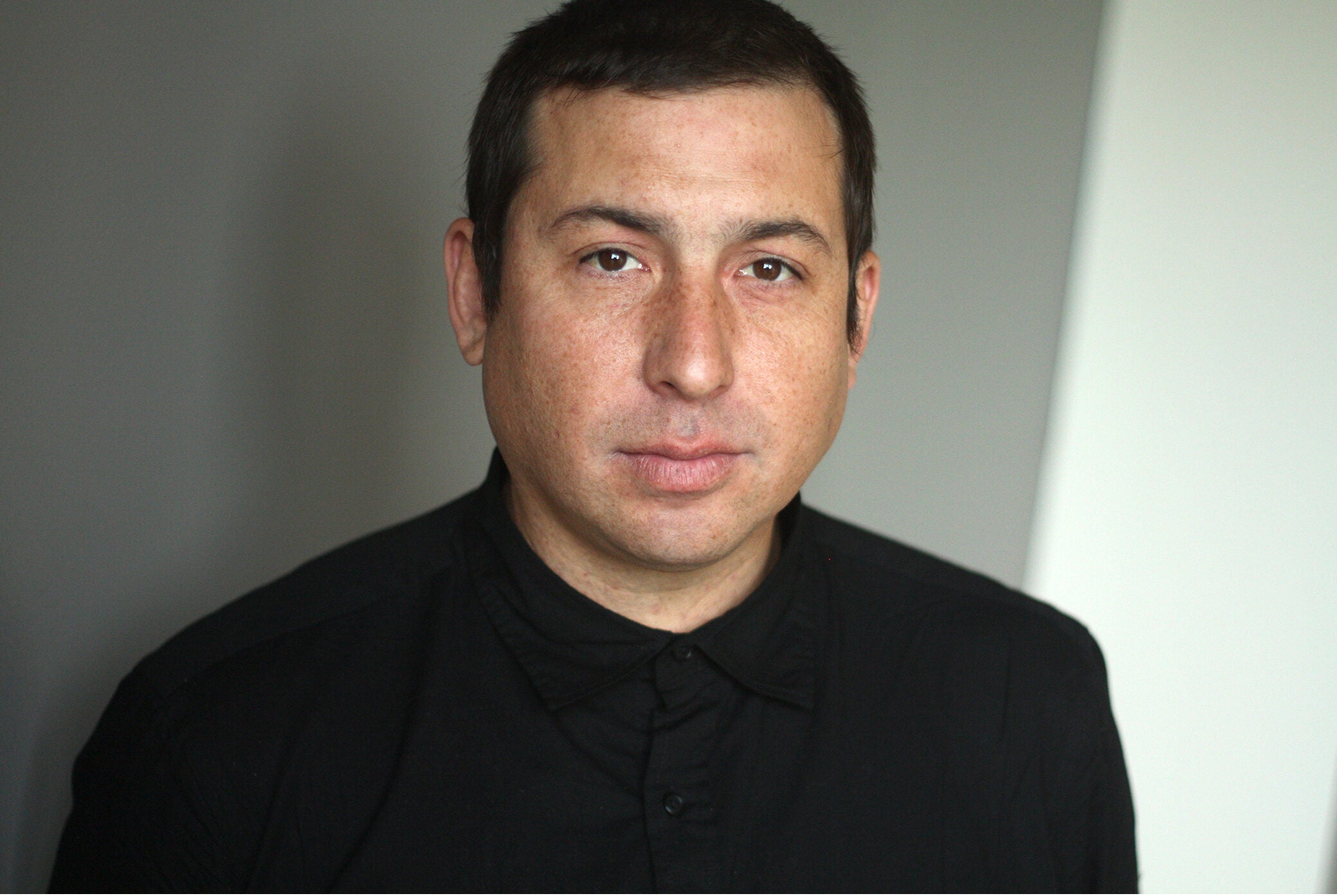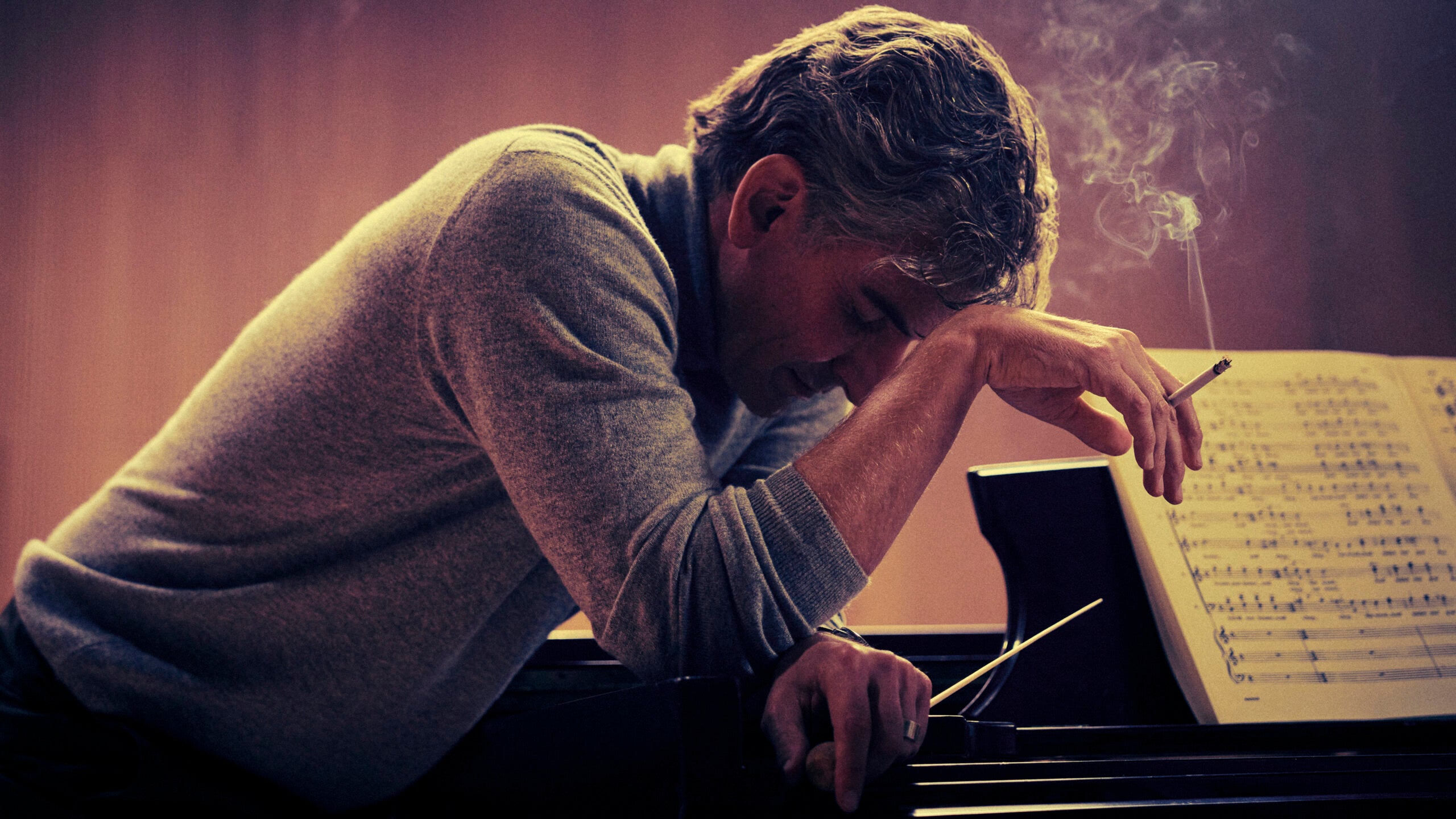The following letter to Giuseppe Verdi in 1872 shows that to be a composer is to expose oneself to criticism from anyone and everyone:
Much Honored Signor Verdi,
“On the second of this month I went to Padua, lured by the sensation caused by your opera Aida. I was so intrigued that I was in my seat—number 120–half an hour before the performance began. I admired the sets. I enjoyed hearing the excellent singers, and I did everything I could not to let a single thing slip by me.
Stay informed on the latest news
Sign up for WPR’s email newsletter.
“When the opera ended I asked myself if I was satisfied and the answer was no! I started back toward Reggio and listened in the railroad car to the opinions about Aida. Just about everyone agreed that it was a first-rate work.
“I was struck by the idea of hearing it again, and on the fourth I went back. Because the crowd was so huge, I went through unprecedented efforts to get a reserved seat. I had to throw away five lire to see the performance in comfort.
“I came to this conclusion: It’s an opera that has nothing to stir up any enthusiasm or excitement, and if it weren’t for the pomp and spectacle, the public wouldn’t sit through it to the end. After it has filled the house for a night or two it will be consigned to the dust of the archives.
“So you can imagine, dear Signor Verdi, my regret at having twice spent thirty-two lire! Add to that the aggravation of depending upon my family and that this money troubles my sleep like a frightful ghost, and I sincerely address you so that you may send me that amount.”
Enclosed was an itemized bill for train fare, opera tickets, and a “detestable supper.”
Verdi arranged to send the plaintiff a refund, minus five lire for the supper.
Wisconsin Public Radio, © Copyright 2024, Board of Regents of the University of Wisconsin System and Wisconsin Educational Communications Board.






